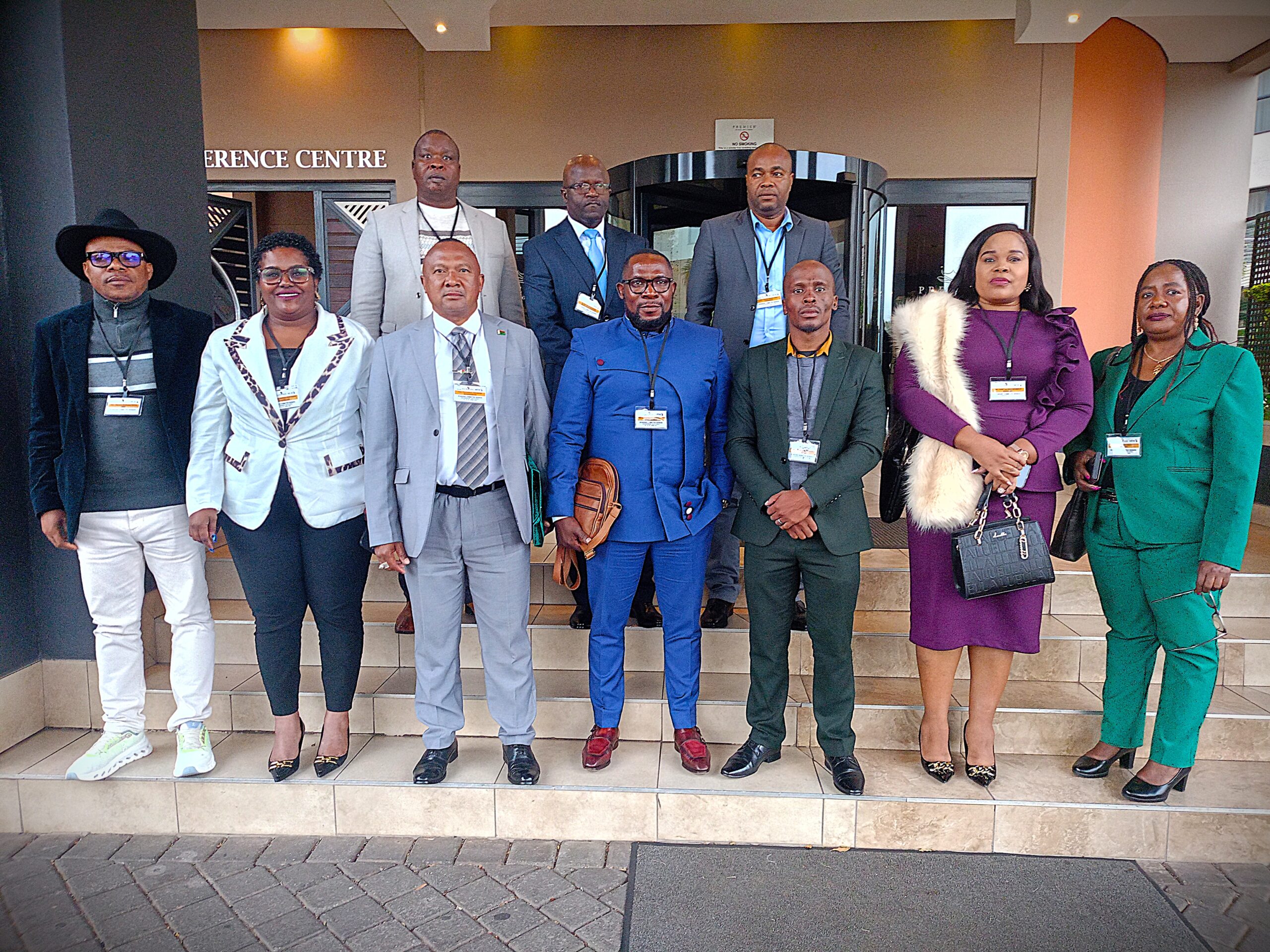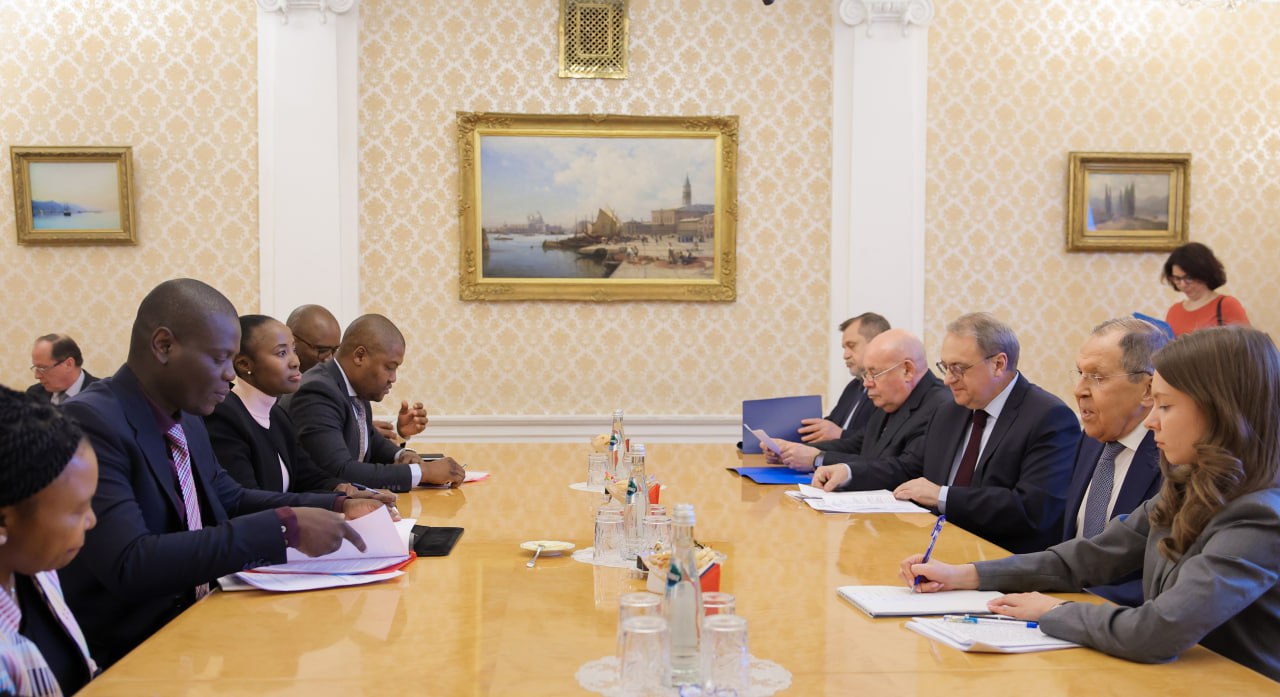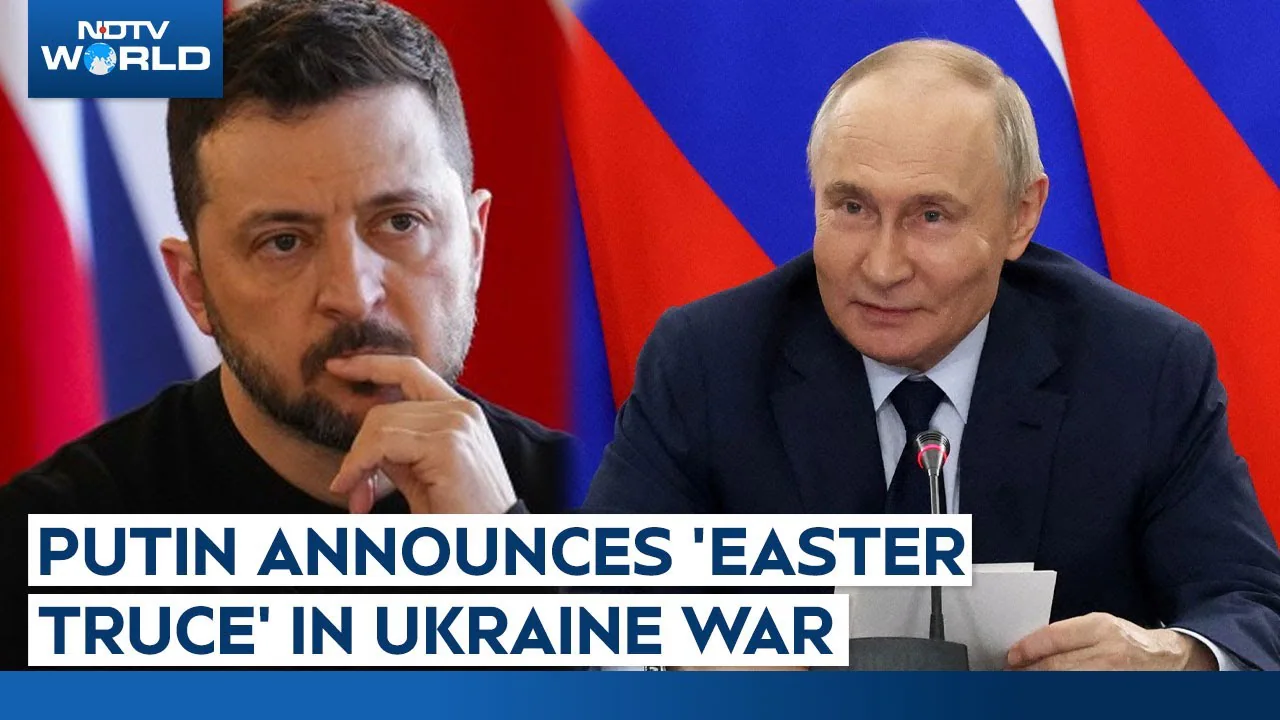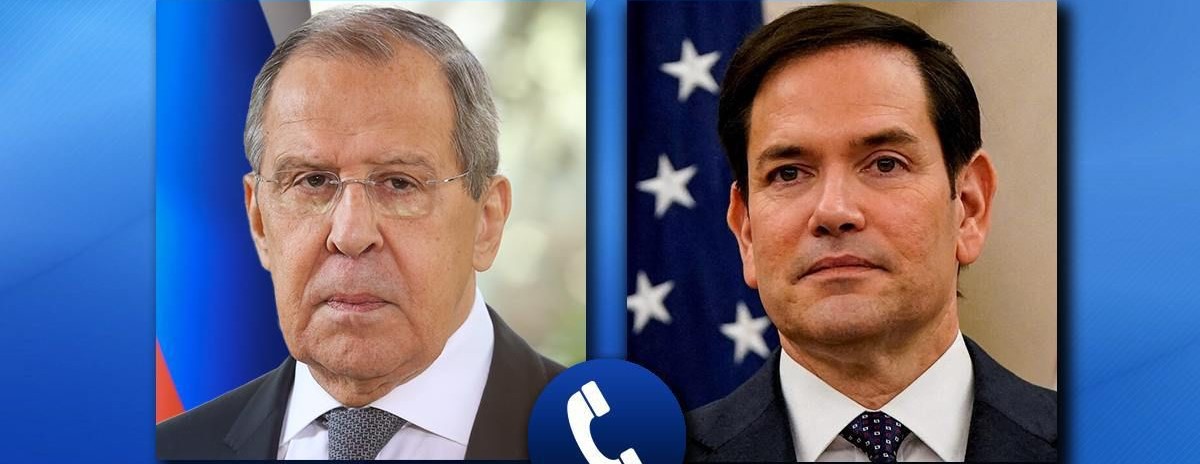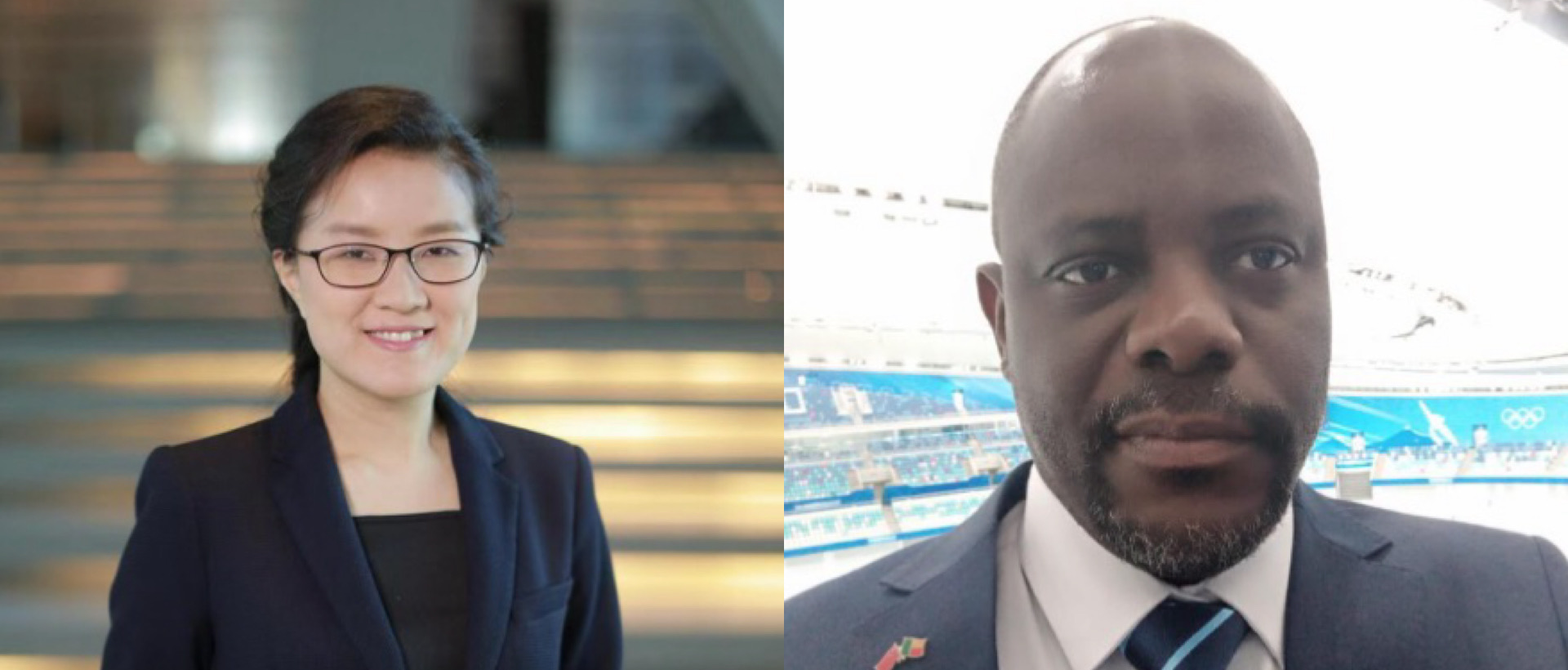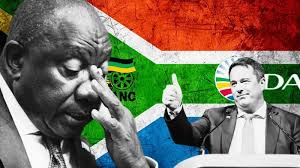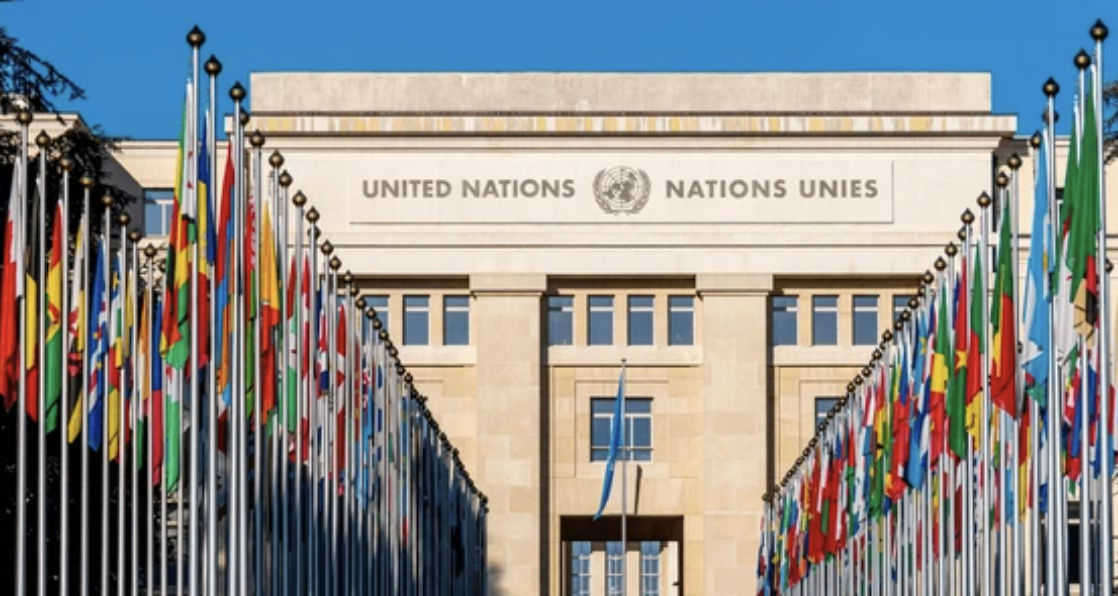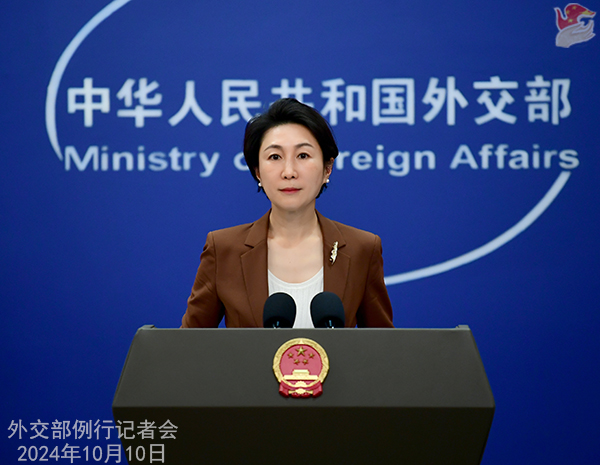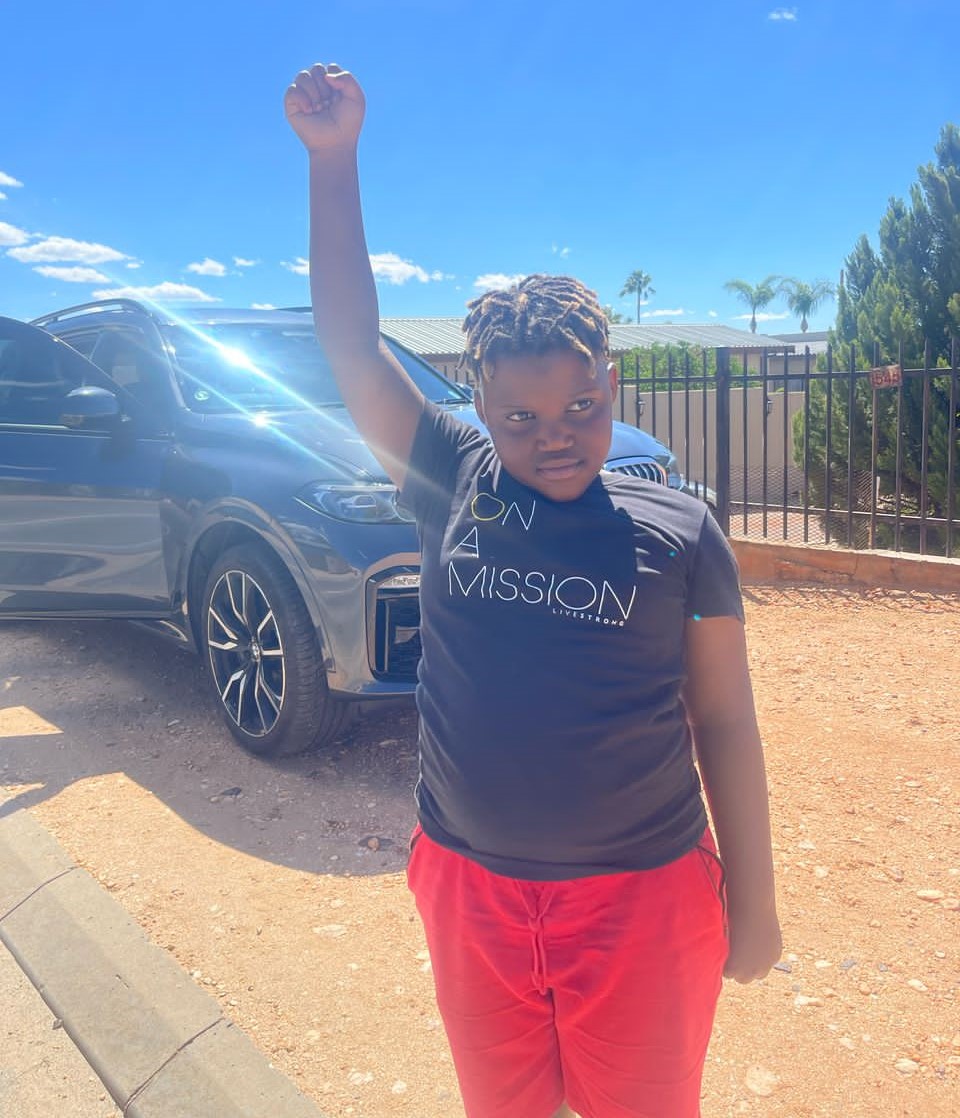TIES THAT BIND
Speaking as a representative of ASABO at the funeral of ANC stalwart Michael Dingake in Gaborone early this year, editorial consultant DOUGLAS TSIAKO took a wide-sweeping view of Botswana as the most frontline of the Frontline States during South Africa’s tortured struggle for freedom and democracy and cast a harsh light on what he calls “eclipses of history over interstices of time” to find much in the shadows behind the scenes .
Early in his life, the man whom we are here gathered to salute and bid farewell to was convinced of the rectitude of resistance to the monstrosity that apartheid was and acted in accordance with his convictions.

As a child, Michael Kitso Dingake grew up against the background of WW2 in which Africans, including Batswana and South Africans, had fought to stop the onslaught of Nazism, mainly on Europe, and to liberate those parts of Europe that had come under the clutches of Adolf Hitler’s Third Reich, among them Poland and France.
Situated on the valley of Motloutse River that flows into the mighty Limpopo, Bobonong has the environment of a Nature’s gift of scenic beauty and is redolent of Eden’s plenitude of flora and fauna, hence the nearby Mashatu Game Reserve at the confluence of the Shashe and Limpopo Rivers.
But the village is also not far from Beit Bridge, a bridge which even in his childhood, Dr Dingake must have been aware that it connected the minority white regimes of Rhodesia and South Africa over land across the crocodile-infested waters of the Limpopo.
Permit me to call him Bra Mike because his generosity of spirit and mild manner allowed him that kind of bonding with people much younger than him. Ecclesiastes 7:9 seems to reflect the kind of gentleman that he was that it says, “Do not be quick to become angry, for anger lodges in the heart of fools.”
He was nearly 10 years old when the National Party rose to power in South Africa and when the State of Israel was established inside Palestine, both in May 1948. South Africa’s DF Malan regime was thus bristling with confidence when it made two demands on Britain and the United States that directly impacted Botswana.
One was the renewal of an old demand of incorporation of the High Commission Territories of Bechuanaland, Basutoland and Swaziland into the apartheid state. Mercifully, this never came to pass, thanks to the independence movement that was gaining momentum across the African continent.
The other was bizarre and notable for its opprobrium for human interaction and racial integration: Newlyweds Seretse and Ruth Khama must be jettisoned out of Botswana, then a British protectorate, because their presence here was too close for the comfort of the Verwoerdian doctrine of apartheid and sacrilege of (assumed) Calvinist morality of racial separation and order of white supremacy.
But extraordinary as it was, this demand was framed as an ultimatum that must be met if the Manhattan Project, America’s top secret scheme where German nuclear physicists escaped from the terror of the “herenvolk” (master race) of Nazi Germany were supervising production of more atomic and nuclear bombs to ensure America’s supremacy in a world that was becoming increasingly divided between East and West.
Continued production depended on uninterrupted supply of uranium whose only two known sources at the time were South Africa and the Soviet Union. However, the ideological divide meant that the United States would have no truck with the Soviets while the heresy of apartheid presented no such barrier to a country of Jim Crow laws and lynching.
And so America prevailed upon Britain to have Seretse and his family banished from the land of his birth to live in exile in the North Atlantic island state, thus securing the flow of uranium to the Manhattan Project for production of more bombs.
Two had been dropped on Hiroshima and Nagasaki to (from the perspective of the Allied Powers) expedite the surrender of Japan in WW2 and bring the conflagration to an end.
Kgosi Mokgosi III
However, being not one to miss an opportunity to cock a snook at racist bigots, Seretse first took his small family into internal exile in Ramotswa, the principal town of BaLete in the southeast of the protectorate that sits right on the border with the apartheid state just east of Ngotwane River.
The couple and their two children then, Jacqueline and Ian, were received at the residence of Kgosi Mokgosi III where they lived for some time.
The reverberations of the rigmarole between Seretse and Kgosi Tshekedi in Serowe over the same issue must have reached Bra Mike, then a youth in the prime of his intellect and physique, in Bobonong and probably helped to crystalise for him the import of racial bigotry, if it could be used by chauvinists to infiltrate the sanctity of marriage and seek to rend it asunder.
Rre Dingake clearly drew lessons from the rancour because in conversations with him many long years later, he told me how the regent, Kgosi Tshekedi Khama, was a highly progressive man but one massively misunderstood and unfairly demonised.
But he also respected Seretse for having stood his ground when he was vilified and derided on all sides for having taken the honourable step of taking the hand of a woman he loved in marriage because he could not understand how the extraneous issue of race and colour – if an issue at all – should be a barrier to romance.
He was all of 24 when he left Bob City – as the natives of the village where people venerate the Nare call Bobonong – for South Africa, setting the stage for joining the African National Congress in 1965.
Thankfully, much has been said and written about his illustrious work in the liberation movement, which obviates the need for me to repeat here.
I will therefore attempt to briefly describe the world that he found when he stepped out of the penal colony of Robben Island on 5 May 1981 and subsequent return to Botswana via Tlokweng border post.
For Botswana and other members of the Southern African Development Coordinating Conference (SADCC), the 1980s was a time of heightened discord between the Soviet Bloc and the West that was aggravated by the rise of Margaret Thatcher in Britain and Ronald Reagan in the United States, who together pushed the political spectrum further to the Right in what is arguably the two centres of influence that matter the most in the Western world.
But while this benefitted apartheid South Africa, it also galvanised SADCC and the Frontline States, both of whose members were also members of the Commonwealth, the Non-Aligned Movement, the Organisation of African Unity and the United Nations, to drive a dual agenda of isolation of the apartheid regime and imposition of economic sanctions on it.
Thankfully, Zimbabwe had gained independence at the turn of the decade and added its clout to the campaign and fortress of resistance to apartheid. However, South Africa had invaded Angola at the very hour of that country’s independence in November 1975 in an attempt to overthrow, or at least destabilise, the pro-Soviet MPLA government of Agostinho Neto just sworn into office.
The arrival of Cuban forces and an upsurge in supply of American weapons to UNITA bases, notably Stinger surface-to-air missiles and artillery spotter planes flown by American pilots, turned southern Angola into a fierce battleground of East and West.
Across the subcontinent in Mozambique, South Africa, alongside Rhodesian forces until April 1980, was leading intensified Western efforts to dislodge the socialist government of FRELIMO through Alfonso Dlakama’s Renamo.
The death of Mozambican president Samora Machel when his plane crashed into a hillside just inside South Africa at night on 19 October 1986, reportedly by means of a decoy used by South African forces, is another illustration of how the Cold War had become very hot in southern Africa.
One of nine survivors of the crash, Fernando Manuel Joao, reported finding elite units of the South African Defence Force when he returned to the crash site from seeking help.
The Mozambican leader was returning from a meeting of the Frontline States in Zambia where the key agenda item was what to do with the continued support for Jonas Savimbi’s UNITA by the governments of Mobuto Sese Seko in Zaire and Kamuzu Banda in Malawi, who were surrogates of apartheid South Africa.
The 1980s were also characterised by increased military incursions into the Frontline States and raids on alleged bases of the liberation movement in these countries where the abomination of apartheid had compelled an increasing number of citizens to respond to the position of the United Nations – and the League of Nations before it – that third countries and their citizens had an obligation to extend support in men, money and material to recognised liberation movements.
Stewardship
This is the sub-continent that Bra Mike found when he joined his fellow Batswana as a free man in 1981. I would benefit from him when he joined the Board of Mmegi for which I worked as deputy editor, combining with another stalwart of the liberation movement, Patrick van Rensburg, to offer a stewardship that added to the newspaper’s efforts as a platform for change and a part of southern Africa’s small alternative press.
It was in this climate that we forged links with Anton Harber at The Weekly Mail (now The Mail & Guardian) in Johannesburg, thanks especially to Methaetsile Leepile and Titus Mbuya after he came on board, as well as to Gwen Ansel, Keto Segwai, Judy Apsler, Clifford Meyer and my friend and colleague, the late Rampholo Molefhe.
We made a good team, Ek se! The purpose of our relationship with The Weekly Mail was very clear – we needed to be in touch with the rising wave of the liberation movement inside as led by the United Democratic Front and the Congress of South African Trade Unions because the irreversible surge for freedom and determination to obtain it had links to the ANC outside.
It was in this powerful moment of solidarity in the liberation movement that I received a letter from the mother of Robert McBride, a brave MK cadre who was arrested after a daring operation, asking us to join the campaign for her son’s reprieve from death row and release from prison.
(With letter bombs and other concealed explosives killing people at the time, and the handwriting on the envelope of the registered letter looking like a white woman’s, I had taken no chances and had the police to open it for me).
It was also during this time that two officers of Military Intelligence at the Botswana Defence Force (BDF), Moth and Vic, asked me to inform Patrick van Rensburg and Michael Dingake that agents of the apartheid regime may be after them (again). Both men took it in stride.
An important man that I expected to be present in this audience today may remember that it was during this time that a conference was held in Arusha, Tanzania where – among other things – an organisation called Federation of Southern African Journalists (FSAJ) was formed and he put his immense diplomatic skills to great use to overcome resistance from the Tanzanian delegation – presumably over Botswana’s poor record at the Liberation Committee of the OAU – for me being on the founding committee of FSAJ.
Comrade Thabo Mbeki – now former president of South Africa and midwife, alongside President Cyril Ramaphosa, at the difficult birth of the new South Africa – became the Chairman of that committee, Charles Chikerema of The Herald in Zimbabwe Secretary General and me Deputy Secretary General of FSAJ. Raborifi of the ANC was also on the committee.
To illustrate the value of solidarity and therefore, like Nelson Mandela, to never forget our obligations to others, the liberation movements of southern Africa present at that conference – namely the ANC, the PAC, SWAPO, FRELIMO and ZANU PF (yes, some of the organisations were evidently finding it difficult to completely exfoliate the hard flakes of the struggle) – were joined by fraternal organisations from abroad, including and especially the Palestine Liberation Organisation of Yasser Arafat that was with us throughout the difficult terrain in many other aspects of the struggle.
The objectives of FSAJ were clear – to put the liberation struggle and its leaders on the offensive in dissemination of information and propaganda and the enemies of the people, the apartheid regime and its Western allies, on the defensive.
We had no illusions about the task before us in the ubiquitous presence of pro-apartheid publications and Western media hollering from the mountaintops, notably the BBC, the VOA and Reuters, for whom those in the quest of freedom and racial harmony were simply terrorists.
Even so, we were undaunted because, like the man whom we are gathered to salute and bid farewell to, Rre Dingake here, we were driven by the force of our convictions.
The great man that I earlier said I had expected would be here with us – an eminent personage in the ANC in exile – may also remember how he, a few years after Arusha and in-spite of his eminence, had me lead a delegation of FSAJ on a courtesy call on President Joachim Chissano in Maputo.
(I do not mind telling this gracious audience that one of my most cherished memories from that day is being served tea – personally – by none other than Graca Machel before we left for State House!)
President Chissano appealed to us to raise the clarion call by rallying everyone in newsrooms across the sub-continent and beyond to the cause of the liberation movement, which call fell squarely within the remit of FSAJ.
Years before, the country that forms the southeastern coast of Africa had been on the verge of economic success and was edging towards Botswana’s achievement as southern Africa’s best in primary health care, a prospect that apartheid South Africa found intolerable under a Marxist government in its neighbourhood.
Ahmed Ben Bella
But if anyone was ever in doubt of Botswana’s contribution to the liberation struggle and is consequently doubtful of this nation’s credentials and role in it, it can only be because of the ignorance of such people regarding this matter and the sheer geography of this republic that dictated location of routes of infiltration of MK cadres through it.
Beginning in the 1960s when Nelson Mandela passed through Lobatse en route to Algeria for a critical meeting with Ahmed Ben Bella after which uMkhonto we Sizwe was formed, the historic PW Botha meeting with Kenneth Kaunda in a specially-built mobile home just across the border from Tlokweng in April 1982, the arrest and imprisonment of the hero that we are here gathered to salute and bid farewell to, as well as the exploratory conference of the youth wings of the ANC and the PAC with Jeugkrag of Mathinus “Kort Broek” van Schalkwyk in Gaborone in the late 1980s, Botswana was the most frontline of the Frontline States.
But as we all know, these were but mere indexes of much more serious work – a considerable amount of it planned and executed from the high-density neighborhood of Bontleng in Gaborone – that was always in progress to advance attainment of freedom for all.
We at ASABO are aware of these things and are custodians of a great deal of information and knowledge about them throughout what many may see as eclipses of history across the interstices of time during which the world’s largest liberation movement prosecuted a just struggle against one of the world’s most profane and violent heretical doctrines that had elements of Nazism, a distorted understanding of Calvinism, fraudulent influences of Sigmund Freud’s theory of race, itself proven a falsehood and a heresy, and Zionism.
But this is not due to any special genius that we are gifted with but is simply because if we were ourselves not present when the instances of malevolence that were concomitant to apartheid and the spirited resistance to them occurred – both spontaneous and organised – our predecessors were.
For instance, I was all of 13 years when my Father entrusted me with smuggling the portrait of Patrice Lumumba from our humble township home at 1053 Mokhesi Street in Dobsonville in Soweto, then in the West Rand, to my maternal grandmother’s homestead at Goo-Ra-Keebine (wa Moloinyana ex-Difetlhamollo in Molepolole) in Ramotswa, Botswana after the popular picture of the first Prime Minister of the Congo Republic (now DRC) was suddenly declared a prohibited publication by the apartheid regime.
It had commanded a pride of place on the dining room wall next to the wedding portrait of my parents in the standard oblong wooden frame that was in almost every home in Soweto and other townships of urban South Africa at the time.
My Father’s explanation of why the apartheid regime and the CIA had featured the most in the cruel assassination of the Congolese leader and of the UN Secretary General Dag Hammarskjold in the 1960s formed an early part of my political consciousness and nascent impetus to resist apartheid whose vicious nature was portrayed by the propensity for violence in the conduct of the SAP, South African Police to whom everyone in the townships aptly referred to as Satan After People.
As an organisation, the poorly-styled Association of South Africans Living in Botswana, better-known as ASABO, came into existence in 1995 when we enjoyed the limelight of the presence of presidents Ketumile Masire and Nelson Mandela at our launch in Gaborone.
As the founding Chairman of ASABO, France Pale will agree with me that we are custodians of much also because some of us were also members of Medu Art Ensemble, the cultural wing of the ANC that turned Gaborone into a citadel of cultural resistance in its own right that also served as a decoy to throw the scent off MK cadres awaiting a signal to set off on their mission.
This is the Medu that counts among its achievements the campaign against attempts by PW Botha’s apartheid regime to scupper SADCC by means of what the apartheid regime proposed to call by the telling, if also singularly cumbersome, name of Constellation of Southern African States as a Bulwark Against Communism that fell flat before it could take off.
However, we discovered quite late that we were infiltrated after the mole was arrested in Zimbabwe. While we remain to be corrected here, we believe Billy van Zyl was exchanged for high-value prisoners on death row, among them Robert McBride, in the course of CODESA.
But he had caused irreparable damage to the struggle and the families of that dead-of-night raid on Gaborone on June 14, 1985 in which some in the Botswana command of Umkhonto we Sizwe perished in an overkill that only Hosts of Hell can visit upon people dedicated to execution of a just cause.
Before then, one morning we had woken up to find an article in the Rand Daily Mail that had details of the registration number plates of the vehicles we used, including the finer detail that each vehicle had a set of two registration number plates (by arrangement with the Special Branch) that were regularly changed in order to confuse the enemy, as well as the location – by street and number – of the house in Bontleng that we operated from.
As is now well known, the toll of the dead in the June 14 Raid includes George “The Big George” Phahle and his wife Ous Lindie, who had done much to grow and raise the level of social work in Botswana when she worked for the Ministry of Local Government and Lands, and outstanding artist Thami Mnyele.
The remains of these have been exhumed and reburied in South Africa in befitting ceremonies at which ASABO was represented by Rhoda Sekgororoane.
The hero whom we are here gathered to salute and bid farewell to, Rre Michael Kitso Dingake, who was an outstanding member of ASABO in his own right, had been present at the exhumations.
“Further Evidence – Hit Squads”
Other notable members of Medu were Wally Serote, who in 2003 motivated for formation of a special committee for formally paying tribute to Botswana for having welcomed refugees and the country’s role in the liberation struggle.
But in my view, nobody was more dedicated to the work of Medu than my good friend, the late Bachana Mokwena, who was in the ‘advance guard’ that returned to South Africa early in the negotiations but sadly died in a car crash while driving back from the funeral of ANC lawyer, Bheki Mlangeni.
Bheki had died when he tried to listen to a cassette on a tape recorder labelled “Further Evidence – Hit Squads” that he had received in the mail while subsequent investigations pointed to Bachana’s car having been tampered with by loosening the nuts on its wheels by agents of the apartheid regime even as CODESA was underway.
His dear spouse, Myriam, survived but was seriously maimed. The sensational songbird beloved of Batswana, Sonti Mndebele, whose parents were a South African father and a Motswana mother, was another member of Medu Art Ensemble. So were Ruth Moore and Sinah Molefi.
It is difficult not to remember, albeit only in passing, that Medu had a music band in which Sonti sang soprano, Ous Lindie (Phahle) alto, Bachana Mokwena second tenor and me first tenor while Bra Jonas Gwangwa was on trombone (of course!) and Kush on congas.
At one time, Radio Botswana extended to us the largess of use of its Green Studio for practice because we were due to record master tapes of a set of freedom songs there.
My apologies for the little digression, but the recollection was a little too lekker to ignore because there were occasional moments of sunshine that lifted up the senses and would stay to rekindle the spirit of the comrades in the umbral climate of the struggle in those difficult times for southern Africa.
After he successfully motivated for thanking Botswana and Batswana for their role in the struggle, Bra Wally was joined by others on a committee formed for the purpose that he chaired. These included Baleka Mbete, Leloba Molema, Thandi Lejwabe, Urel, Nathaniel “Bra Nat” Serache, Motsei Rapelana and Rhoda Sekgororoane, as well as the man whom we are here gathered to salute and bid farewell to.
The inaugural ceremony of “Ditebogo,” or “Ties that Bind,” took place in 2003, the same year that Bra Wally had begun to organise for the objective. He and Bra Nat – who had survived an attack on his Gaborone home on 13 February 1985 – travelled from South Africa to join everyone in events that included the slaughtering of an ox for cleansing the graves of the June 14 (1985) raid at the Extension 14 Cemetery in Gaborone.
The naming of the library at Moeding College in Otse after academic of note and early ANC leader, Kimberley-born ZK Matthews, in 2015 stands out among significant projects undertaken by Medu. This is the towering intellectual who was named by Botswana’s first president, Seretse Khama, as the country’s first Ambassador to the United Nations, doubtless aware of the man’s pedigree.
The Matthews straddle Botswana and South Africa like a colossus. Zachariah Keodirelang Matthews – better known as ZK – was the son of a native of the principal town of BaNgwato, Serowe, who had left Bechuanaland to work on South African mines at the time of the diamond rush in Kimberley. There Peter Motsiela Matthews met his dear wife who would become ZK’s mother, Martha Matthews (nee Mooketsi), and never looked back.
The son of ZK, Joe Matthews, himself a soaring figure and political leader, was the father of South Africa’s crusading foreign affairs minister, Naledi Pandor, who has taught at secondary schools in Botswana.
And as if eager to buttress her ‘provenance’ in Botswana and emphasise the “Ties that Bind,” Naledi’s husband is Sharif Joseph of Lobatse whom she met when she was a student at the University of Botswana during her years in exile.
ASABO is the custodian of these things and much more. A key date on our calendar is a visit to the graves of the fallen heroes of the liberation struggle buried in Gaborone where Duke Machobane’s remains still lie.
Significantly, when we commemorate the June 14 Raid, we also remember the Lesoma Tragedy when 15 members of the Botswana Defence Force – then a fledgling less than a year old – were mowed down in an ambush set by Rhodesian forces in the vicinage of the village of Lesoma near Kasane in the North West District.
We do this because the Lesoma 15 were also victims of the brutal forces of the white minority regimes that formed Botswana’s hostile neighbours on almost all sides.
But if former South African president Thabo Mbeki could defer to lesser mortals, so could the man whom we are here gathered to salute and bid farewell to.
In 2014, Comrade Michael Kitso Dingake was a part of an ASABO delegation that I was elected to lead on a mission to the law firm of George Bizos – the famous advocate who helped Nelson Mandela escape the death sentence at the Rivonia Trail in 1963/64 – to present the matter of the quandary in which we and other veterans of the liberation struggle in Botswana find ourselves.
Our predicament consists in how we were offered a ‘reward’ by South Africa’s Government Employees Pension Fund (GEPF) and then uniformly spurned for what has struck us as the most bogus of reasons. A most strange excuse – that we were never permanent members of the ANC – was put forward as the basis for our rejection.
Needless to say, this is completely barren because working in stealth was of the essence in everything that we did. As a matter fact, we were often unaware of one another’s involvement and/or the extent of it and only came into the open to embrace each other after the goal was achieved with the onset of the new South Africa in 1994.
It is important to state that the offer of the ‘honorarium’ was made to us unsolicited because not a single person that we know joined the liberation struggle with an eye on reward. However, news of the offer was received with much delight, not least because many of us currently live in conditions of want.
Besides, it is at once rude and crude to make an offer of anything that can improve the material conditions of the intended recipient and then withdraw the offer after all the required steps have been taken.
We were provided with forms in which we filled details of personal information that included bank accounts to which the ‘honorarium’ would be sent, as well as details of our spouses who would become the beneficiaries in the event of death.
Captain Patrick ‘Blah’ Ricketts
And indeed, in the course of the long time since the rejection, some of our lot have gone on transfer to the Concourse on High, among them Kopano Lekoma. So has Captain Patrick ‘Blah’ Ricketts of the South African National Defence Force, who was a tireless campaigner for the funds to be unlocked and the offer honoured.
The ex-MK soldier, who passed away in February this year, was a frequent visitor to Botswana (and other countries in the region) and worked harmoniously with us and the South African High Commission to repatriate the remains of fallen heroes for reburial in South Africa.
But it is our visit to George Bizos’ offices that I was talking about: Alongside Frazer Kowa, Modikwagae “Scara” Aphiri and Connie Rathedi, Comrade Lekoma was present in Johannesburg when the man whom we are gathered here to salute and bid farewell to insisted that I lead the presentation and then went on to make cogent contributions in the discussion that followed.
That is the humility of this gentle giant who did not hesitate to act on his convictions of the rectitude of resistance to the abomination of apartheid.
A man of a robust constitution of body, mind and soul, Comrade Michael Kitso Dingake went to commiserate with the family and BaKgatla in Mochudi after Bra Scara passed away, also recently in February.
We are gathered here today to commiserate with Bra Mike’s family – the family of the man who did not hesitate to act in accordance with his convictions of the rectitude of resistance to apartheid.
As we do so, we take the opportunity to remember the believers of St Engenas ZCC who recently met with death in a manner most gruesome and grim in freefall from a bridge on a mountain pass an estimated 50 metres high at Mmamatlakala in South Africa.
As is written in the Books of Baha, we hope and believe that God has granted them admission within the precincts of His transcendent mercy that was before the foundation of earth and heaven.
We petition the Almighty to ensure that the miracle that saved young Lorraine Siako will be with her at all times whence to ensure that her escape from certain death may become a truly enriched survival when the lass blossoms into a Woman of Faith in addition to whatever means of livelihood she will have chosen for herself.
We take the opportunity to acknowledge what seems a restoration of the amity that has characterised relations between Botswana and South Africa as exemplified by the goodwill that was clear for everyone to see on the faces of Presidents Mokgweetsi Masisi and Cyril Ramaphosa each time they have met in the instance of this tragedy.
It is a chemistry that was, we can dare to say, aided by a reported removal – or sudden absence – of something that has impeded it in-spite of the timeless interaction between Batswana and South Africans due to existence of one another’s kith and kin across the two nations that we at ASABO recognise as “Ties that Bind.”
It would indeed be disappointing if the camaraderie between Presidents Ramaphosa and Masisi and the fellowship among their attendants was merely showmanship for the cameras because aiding and abetting people inimical to Botswana is the least expected response to the role that the country and its people played in the liberation of South Africa.
And although the valour and intrepid spirit of Batswana in aiding the just struggle sprang from our gentle disposition that is often mistaken for timidity, it was nevertheless remarkable because it stood unflinching in the face of repeated ‘reprisals’ by a most wicked regime in defence of a most repulsive order that enjoyed the support of the world’s most powerful militaries, including and especially cooperation with the Zionist state of Israel that helped to stem the sting of sanctions on the pariah state.
But we stood firm also because we were nurtured by the founding principles of this nation, principles namely of Democracy, Economic Development, Self-Reliance and Unity.
These stood, in and of themselves, in direct counterpoint to the special savagery that apartheid was and that Zionism is. They came into being from a desire to work for the common good of everyone in a nation of civilised people seeking to pull together in a hostile neighbourhood and a divided world.
However, having contributed to the defeat of apartheid, this nation and its principles face a threat like never before from a certain character who seems to have made destruction of these pillars and collapse of this democratically-elected government the sole purpose of his existence.
I must note here that while I may not quite be speaking for ASABO on some of these points, I am keenly aware of a much wider constituency that recoils in the face of the reason for the man’s deep-seated animus for President Masisi and unbridled antipathy for the Government of Botswana, especially how this contrasts sharply with his make-believe affinity for Batswana, whom – in his heart of hearts – he regards as mere planks on scaffolding to step on to gain ever loftier heights as The Monarch of All I Survey.
As we all now know, the reason, ladies and gentlemen, is simply that his younger brother was not named vice president as a prelude to the Holy Grail of his most ardent pursuit of entrenchment of his family dynasty and ultimately himself as an absolute monarch. We take this lightly at our own peril.
This is why we stand astounded that anyone should seem to be aiding and abetting such a person with his robust ties to malicious rightwing forces that are impeding South Africa’s own efforts at meaningful economic transformation.
Trumpian proportions
With a scale of nepotism that exceeded Trumpian proportions by far, this is the man who amply demonstrated a capacity to demolish the pillars of this nation when he ordered his cousin, Bakang Seretse, to raid the National Petroleum Fund, thus wrecking existing plans for construction of strategic oil storage reserves and exposing Batswana to fluctuations in international oil prices. Incidentally, in this skullduggery, Bakang Seretse was ably aided by Tim Marshal, who is well known to the ANC, albeit without much fondness.
South Africans may be interested to know that after my colleague and friend Rampholo Molefhe, and to a lesser extent myself, sent Executive Outcomes packing after we found the deadly outfit operating as a resident evil in a building where this character’s younger brothers had a filling station in Gaborone, Delta, the bloodthirsty crew that is known for toppling governments across the African continent was back in business providing security at Botswana’s diamond mines where they were also designing security manuals and training security personnel for De Beers and Debswana after the man became president of the country.
As is well known, Executive Outcomes drew its personnel from the notorious Civil Cooperation Bureau of bloodcurdling covert operations and sanctions-busting. The time of its engagement by this character’s regime was interesting in that it was when concern about so-called blood diamonds fouling the market was growing around the world.
We are speaking about a man who is a veritable threat to human rights and the rule of law as demonstrated by his use of a spurious excuse of people accepting housing allowances when they should not in order to humiliate several judges and suspend four of them, and then insisting on an apology as a condition for their reinstatement.
Incidentally, the cousin-brother of the man whom we are here gathered to salute and bid farewell to – outstanding jurist and constitutional law expert, Justice Key Dingake – was one of the four.
But these events of 2015 pale into insignificance and may look like nothing more than a mop-up operation when seen against the more total disregard for human rights, the rule of law and the sanctity of human life that was visited upon a crime suspect named John Kalafatis who perished in a hail of machinegun fire at a shopping centre in Gaborone in the dead of night on 13 May 2009.
However, more opprobrium would come when the perpetrators of this extra-judicial killing were released from prison on the strength of a presidential pardon when the convicts were only a few months into their 11-year sentence and reinstated in their posts at the Botswana Defence Force.
Needless to say, the gangland-style execution of Kalafatis contrasts sharply with the extraction of apologies as a condition for the reinstatement of judges who had done nothing much to write home about.
This is not what the man whom we are here gathered to salute and bid farewell to stood for. It is not what Michael Dingake spent 15 years a prisoner on Robben Island for. This is not what Nelson Mandela and all the other Rivonia Trialists, among them Motsamai Mpho and Philip Matante, stood for.
This is not what Algerian socialist revolutionary Ben Bela and pan-Africanist Kwame Nkrumah stood for. It is not what Muamar Gaddafi and Thomas Sankara stood for. This is not what Marcus Garvey, Amilcar Cabral and Patrice Lumumba stood for.
As we all know, Janusz Walus assassinated Chris Hani because that icon of the South African Communist Party, the ANC and uMkhoto we Sizwe stood for values akin to Seretse Khama’s, hence the far right gunman wanted to eradicate them by slaughtering an outstanding champion of these values at the height of negotiations for positive change in South Africa.
By contrast, Dimitri Tsafendas had knifed Henrik Verwoerd – that nefarious architect of apartheid – to death in order to advance the course of freedom, racial harmony and social justice nearly three decades before in the month of September 1966, a month gravid with meaning for establishment of Botswana as an independent state coming into the comity of nations. How can we very well then go back to the Verwoerdian times of racial acrimony and all the maladies that go with it?
We cannot and post-apartheid South Africa cannot because it is yet in a struggle for redistribution of wealth – and land – that is being resisted by people with whom this character consorts.
There may be accommodation for such as he in a place like eSwatini where it is par for the course for the King to be wealthier than the state, the man being the second biggest landowner in Botswana, but not in post-apartheid South Africa.
We see another trait common to the two in the extra-judicial elimination of criminal suspect John Kalafatis in Gaborone in 2009 and the killing of human rights lawyer, Thulani Maseko, who was fatally shot through a window in the presence of his wife and children at his home near Mbabane on 21 January 2023.
And so it was always going to be love at first sight for those two whose sole contrast consists in the one’s extremely belated bachelorhood and the other’s harem of wives that now stands at 20, each of them presumably a virgin until the time of consummation with the King, having been handpicked from an annual assemblage of maidens in their prime gathered for the purpose in an annual parade of Swati beauty in the semi-nude.
Even so, the intervention of South Africa and this republic is called for at the African Union (AU) in order to stem the tide of leaders who allegedly receive gifts from Morocco in exchange for impeding the independence of the Saharawi Arab Republic, thus enabling Morocco to continue to plunder the country’s fishing resources and rich soils for export to Europe.
Incidentally, Botswana’s relations with the apartheid Zionists in Israel were at their highest level ever under this autocrat’s regime, in-spite of Botswana having extended recognition of the State of Palestine on 19 December 1988.
Some of the weapons that have given rise to criminal charges against this man, now officially a fugitive from justice, must have their origins in these unprincipled ties that flew in the face of the Palestinian struggle.
That is why, at the last general elections in 2019, loyal members and supporters of a certain political party ran for the hills when the coalition it led shifted to the extreme right and embraced strange elements in exchange for a joy ride in a helicopter for a few that could cost the nation its mines, should the motley and poorly organised coalition come to power.
Not surprisingly, when the people came down from the hills, they headed straight to the polling booths where they took their votes elsewhere.
Nkandlagate and Mosugate
But to a man who did not give a single press conference in the entire course of his 10-year tenure as president and one who told Business Day newspaper that the AU, the UN and similar international organisations that work for world peace were mere talking shops and a waste of time, and one whose international engagement as president was limited to Conservation International and related organisations in the West that see Africa as a zoo that should be preserved for their joyment and leisure, concern about human rights must be less than a moot question in the realm of whimsical notions.
As for the braskaap that evidently flourishes between the man and former president of South Africa, Jacob Zuma, I can well imagine that the scofflaws have copious notes to share, not least with regard to Nkandlagate and Mosugate and how this was all in a day’s work for each of the men who have a penchant for whipping up regional and tribal passions into a frenzy.
But what is a puzzlement is the alacrity with which we journalists are always clamouring for this man’s attention and our eagerness to put him on the propaganda offensive that consists of demonising this country’s elected leaders in-spite of his stated antipathy for the press when in office.
This goes in tandem with the enthusiam of the political opposition to embrace this real and present danger to democracy in the face of his intolerance for shared power and proclivity for stirring tribal division where none existed before.
In doing this, we seem to be unaware that in the course of carrying out our basic duty to inform, educate and entertain, we have the added obligation of preserving and cultivating further the climate in which this is possible.
Implied in this is our responsibility to identify threats to democracy and the common good, and in due course to identify them as enemies of the public and proceed to treat them accordingly.
Afterall, thoughts do not in our throats choke; nor do words in our mouths freeze because the freedoms of conscience and of speech in our bill of rights are not mere platitudes to utter in idle confabulation but are lived experiences that – within a few years of their restoration – we even sometimes take for granted and abuse.
Permit me to apostrophise a little, ladies and gentlemen. It is about an episode that illustrates the perniciously intrusive nature of apartheid and the type of world that Botswana had become as the most frontline of the Frontline States 10 years after Comrade Michael Dingake was released from the penal colony of Robben Island; its capital a small town teeming with spies of East and West, the laidback facade of its citizens giving the lie to the Cold War beneath the surface that often burst into hellfire in the dead of night.
It is about something that made me wonder when exactly, in the co-existence of Henry Kissinger’s “invincibility of the white redoubt” and the indefensibility of the heretical doctrine of apartheid, the pendulum upon which the apartheid regime for some time sat began to weigh heavier on the side of ‘apostasy.’
What prompted this curiosity is that as the South African delegation filed into the hall earlier today, in addition to Comrade Penuell Maduna and Comrade Mac Maharaj, I noticed the lanky figure of Comrade William Oupa Mokou, the man who became South Africa’s first High Commissioner to Botswana in the new dispensation who had lived for many years in Gaborone before as the representative of the ANC in exile.
He was the first person to impress upon me the need to keep an even more vigilant eye open at Newslink where I was editor because the newspaper seemed to be an enterprise of espionage for the apartheid regime.
That was late in the year in 1990. As it turned out, Oupa had been right because I received a call from The Weekly Mail in Johannesburg informing me that Newslink Africa was certainly a hearts-and-minds project of the apartheid regime.
The Weekly Mail had been investigating the newspaper for the previous six months during which it had gathered foolproof evidence that Newslink was a project of apartheid propaganda run directly from the South African Defence Force and would start publishing a series of exposes to that effect in the next three or so weeks.
Having been personally detailed by Anton Harber to inform me of the terrible state of affairs, the man in Johannesburg (whose name I cannot remember) then – rather unnecessarily, I thought – said I was being brought into the loop in order that I may clear the decks before the exposes began to roll off the press.
Significantly for me, I was informed that the investigations had established that I was not aware of myself or anyone else on my editorial team – which included my friends and colleagues Rampholo Molefe and Eddie Khulmann – being in the belly of the beast.
According to the man on the other end of the line, the army general responsible for the Newslink project was at a safe house obtained for him by The Weekly Mail after he declared himself grown tired of the apartheid regime and its crimes and endless deception projects that harked back to the Muldergate scandal of 1977.
Accordingly, the general was waiting to be sprung out of the country to join the ANC in exile. The Weekly Mail could arrange for me to speak with him if I so wished.
I cut a long story short when I say I shared the entire lowdown with Rampholo as soon as I put the phone down and together we confronted management who, needless to say, tried to deny everything with a pancake expression. But we knew better than to be fooled, hence we called a staff meeting at which the white managers of Newslink were present.
After Mphola helped me to fully inform everyone about the devastating call from Johannesburg, I announced my resignation with immediate effect, doing this because of the need to lead by example and under compulsion of principle.
That was in August 1991, exactly a year after the first edition of Newslink had hit the street. It would be a few months whence until a little drama at Tlokweng border post before the hopeless rogues and their massive printing press were allowed to exit Botswana in December 1991.
It was a few months during which The Weekly Mail in Johannesburg and Mmegi in Gaborone carried a coordinated cascade of articles revealing how a secret spool of misinformation and propaganda would spin from a nerve centre at the headquarters of the South African Defence Force to reverse the unavoidably negative image of the apartheid regime that had become a veritable groundswell of pong in the aftermath of the Soweto Riots of 1976, the ruthless attempt to suppress the uprising, and the swelling of ANC and MK ranks by thousands of youths fleeing the terror.
Bra Mike’s 62nd birthday
The timing of the campaign in August 1990 – with plans to expand first to Namibia and then to Zimbabwe – was interesting in that the world’s most famous political prisoner, Nelson Mandela, had been released from 27 years of imprisonment earlier that year (incidentally on Bra Mike’s 62nd birthday) on 11 February, the Congress for a Democratic South Africa has gotten underway on 4 May of the same year, while a man who was emerging as a key embodiment of principled resistance to the Janus-faced approach of white partners to the negotiations would be assassinated by a rightwing gunman uncannily named Janusz Walus on 10 April 1993.
But I must say the masters of deception were not so masterful after-all because they did not achieve their objective of giving apartheid a human face, whatever is meant by such improbable banalities.
However, unbeknownst to me, I fed two birds with one seed by simply insisting on the age-old principle of keeping management out of the newsroom in order to prevent commercial considerations, which are a concern of management, interfering with decisions on content and what is newsworthy and what is not, which is the exclusive territory of the editor and his or her newsroom.
The sheer serendipity that was attendant to enforcing this tried and tested principle of journalism became an ally as I waded through the dusk of uncertainty that pervaded South Africa’s difficult transition to democracy – which was understandable given the preceding 400 years of colonialism, dispossession and racial bigotry.
Significantly, being in the leadership of the Federation of Southern Journalists meant that I often pivoted to Lusaka when uncertain of how to angle stories that had a bearing on the liberation movement.
Even so, I must acknowledge the increasingly complicated organisational structures of the media today that deny this separation of powers and infringe on editorial independence because publishers and editors are often the same person, which tends to give quite a dramatic meaning to conflict of interest.
But if we care about the memory of the man whom we are here gathered to salute and bid farewell to, we ought to protect the gains from his struggles and make them flourish while guarding against abusing them with the cussing and coarse utterances that have become a distinctive feature of our political discourse in the name of criticism.
What is troublous is that we do this even as we know that profanity has been a deliberate tool of the right and the extreme right to obtain provocation to confrontation and violence, thus raising the question of whether that is the goal we actually have in mind
Whether deliberately or inadvertently, we are in the service of the man who was known for dispensing fear far and wide while in office as president when we do this.
This is a man whose claim to fame consists in parading the poor in long queues in the sun and the elements and spiking their blood sugar levels by dispensing cheap carbohydrates to them in the quest of a messianic image for himself.
Here is a man whose puritanical pretensions saw him hurt ordinary households and businesses by imposing punitive sanctions of exorbitant prices on tipplers and limited hours of operation for bars and nightclubs when he was/is heavily invested in alcohol at his top-dollar tourism outlets in the Botswana outback.
I must say I am heartened that the Botswana Congress Party is distancing itself from this clear and real threat to basic freedoms and disinfecting itself of the malady.
But here lies another potential entrapment for a nation that somewhat occupies the limbo between witchcraft and ancient demonology on one hand and a Christianity that lacks the vitality of liberation theology on the other: the man has taken to posting verses from the Holy Book on social media in the belief that his hollow pretensions to superior sanctity will not be noticed.
We need to be alert so that we are not hypnotised into sleepwalking into the trap of what would be self-immolation if we accepted the hogwash of the undemocratic opposition that this man is a rehabilitated troublemaker and a reformed despot but cannot even put it in so many words.
Those who have almost taken the bait of the beast of prey should flee like greased lightning with every help extended to them to do so.
As for my fellow members of the Fourth Estate, it behooves us to take charge in this cleansing programme because being students of history, we are aware of the destructive nature of infidelity to principles of good governance and the values that the man whom we are here gathered to salute and bid farewell to stood for.
Ladies and gentlemen, this is but a synopsis of the kakistocracy that once befell this nation that Bra Mike here and all of us had to endure. I find it difficult to understand how anyone should want to aid and abet it because it stands at variance with everything that is decent in the affairs of our nations.
As we salute and bid farewell to Comrade Michael Kitso Dingake from this temporal plane, we know that he will not be denied his share of the banquet of God’s grace and the favour of the Almighty’s bounty.
When he spoke at the National Stadium on the occasion of the memorial service of this nation’s first president, Seretse Khama – in that crisp and a tad wintry morning of 24 July 1980 – Bishop Walter Makhulu, then Bishop of Botswana and Archbishop of Central Africa, kept returning to a reprise that I think is apt to repeat here today.
That straddling ‘secret agent’ of the liberation struggle, intoned: “The Souls of the Just are in the Hands of God.”
I remember those words distinctly because in the course of the days preceding the memorial service at the National Stadium, I had been a part of a small team of Bahai’s selected to say prayers on Radio Botswana alongside people of other religions in what was a truly ecumenical and inter-faith approach to bidding farewell to the founding president of Botswana.
Comrades, ladies and gentlemen, I am here today – on behalf of ASABO – to say to you about the man whom we are here gathered to salute and bid farewell to, “The Souls of the Just are in the Hands of God.”
This is because we mourn but will not dwell on the pain of death since we know that the man whom we are here gathered to salute and bid farewell to has found his place in the very Concourse of God and has left us a legacy to protect and expand for our own enrichment.
Bra Mike acted in accordance with his convictions of the rectitude of resistance to the monstrosity that was apartheid. If we share his convictions, we have a duty to continue the struggle to dismantle apartheid wherever it rears its ugly head of racial bigotry and genocide, which it has in Zionist Israel that uses the ruthless efficiency of Nazism to exterminate Palestinians in their own homeland.
“The Souls of the Just are in the Hands of God, Bra Mike.”
Allah’u’Abha! Amandla!
